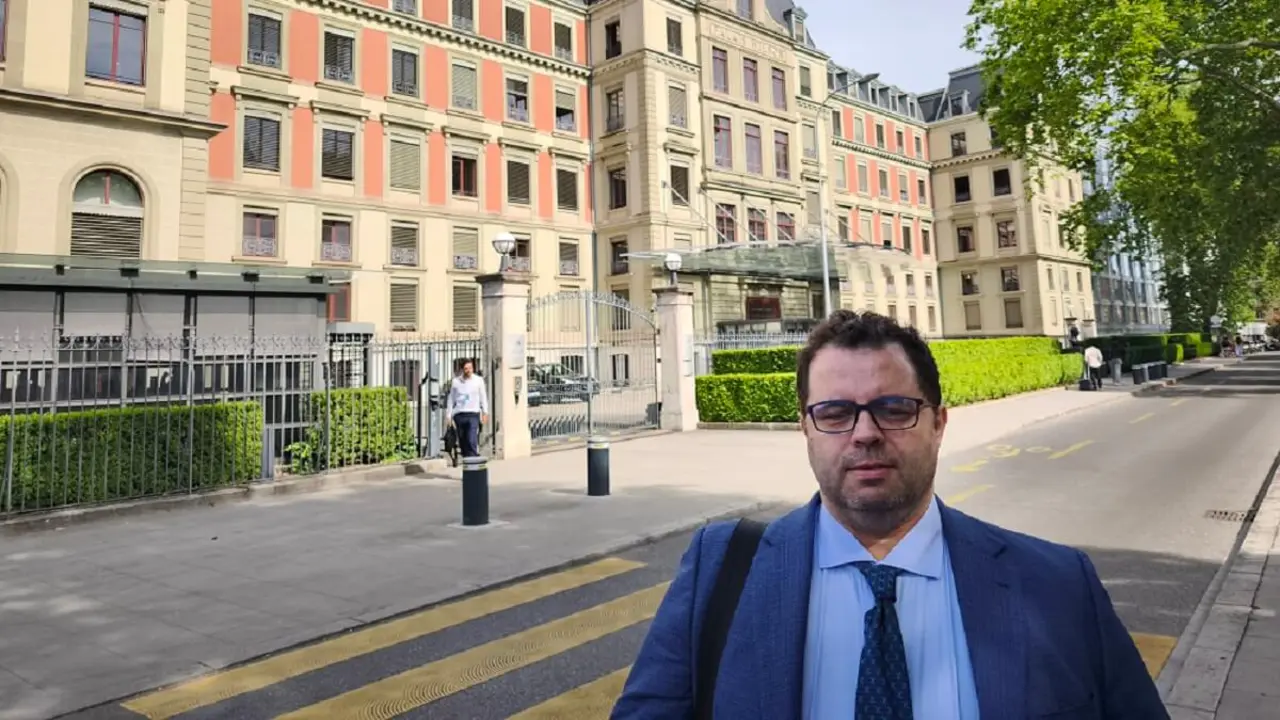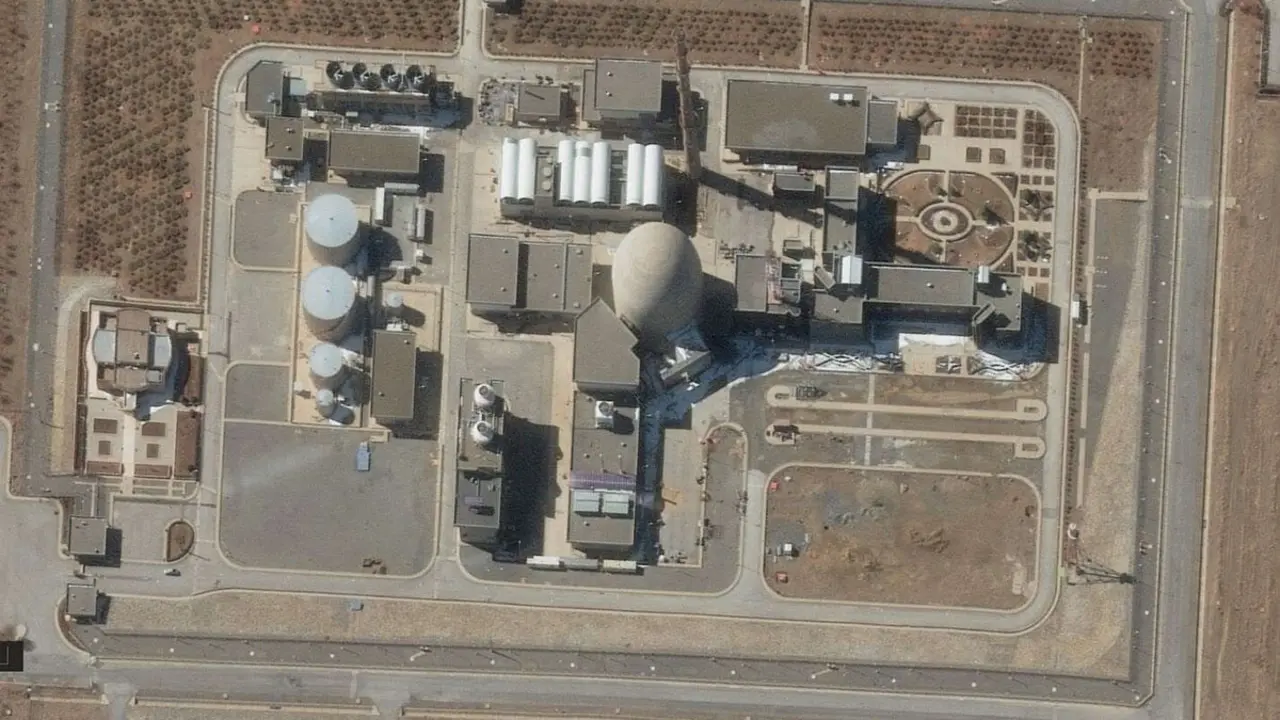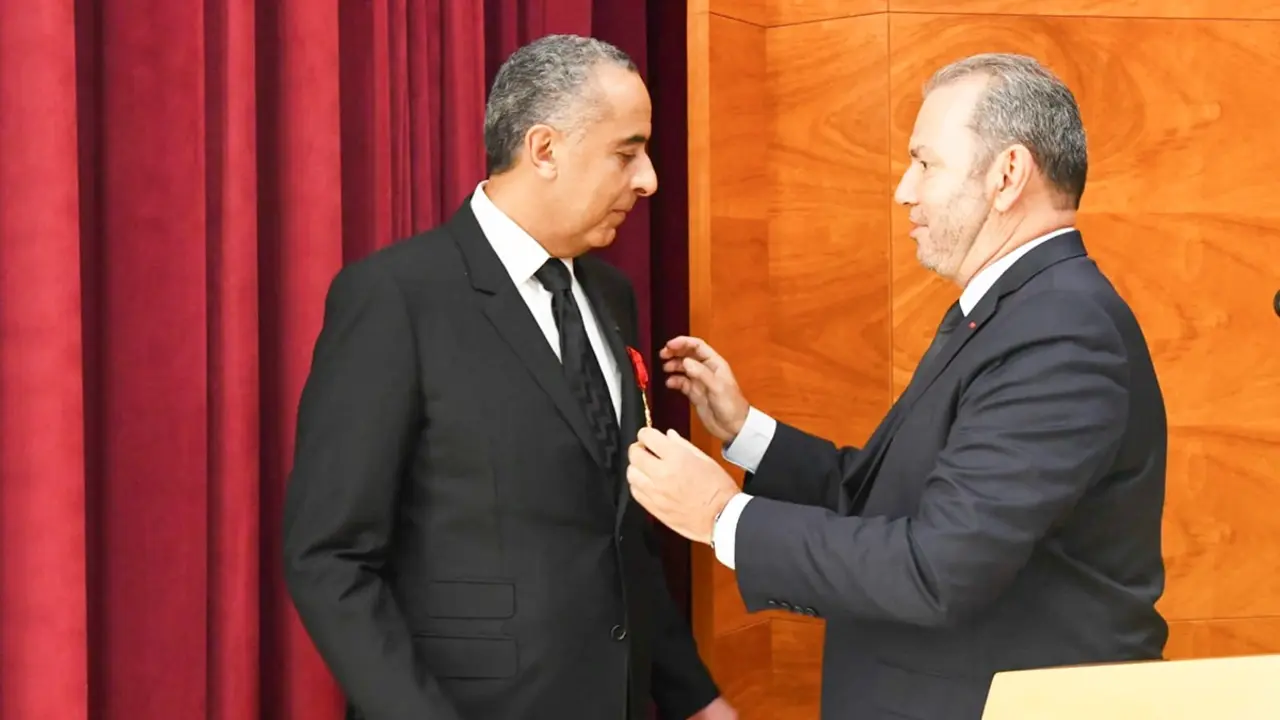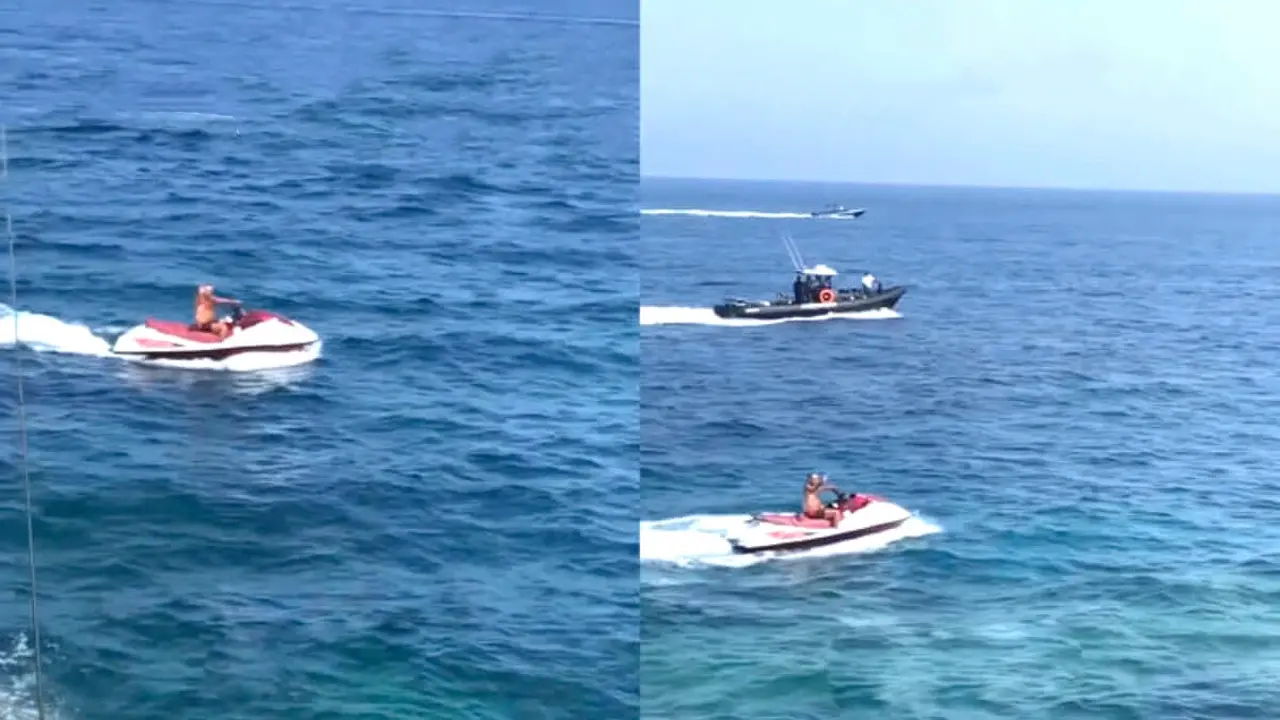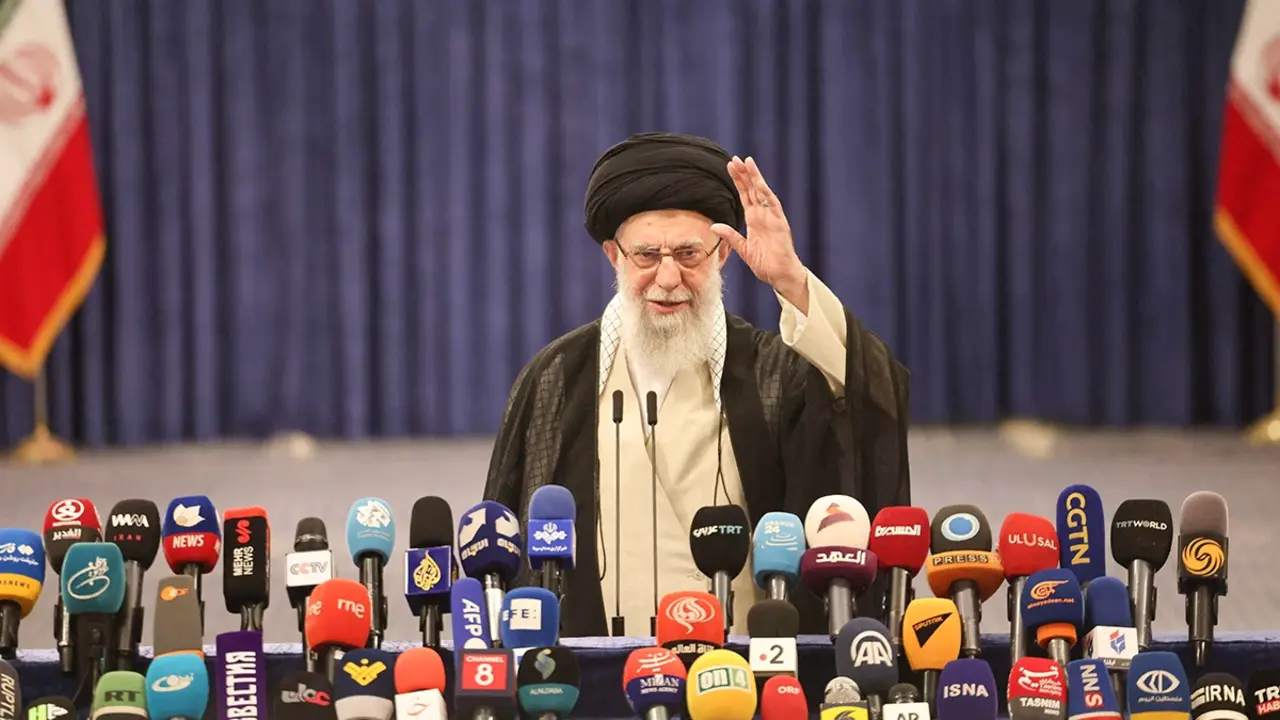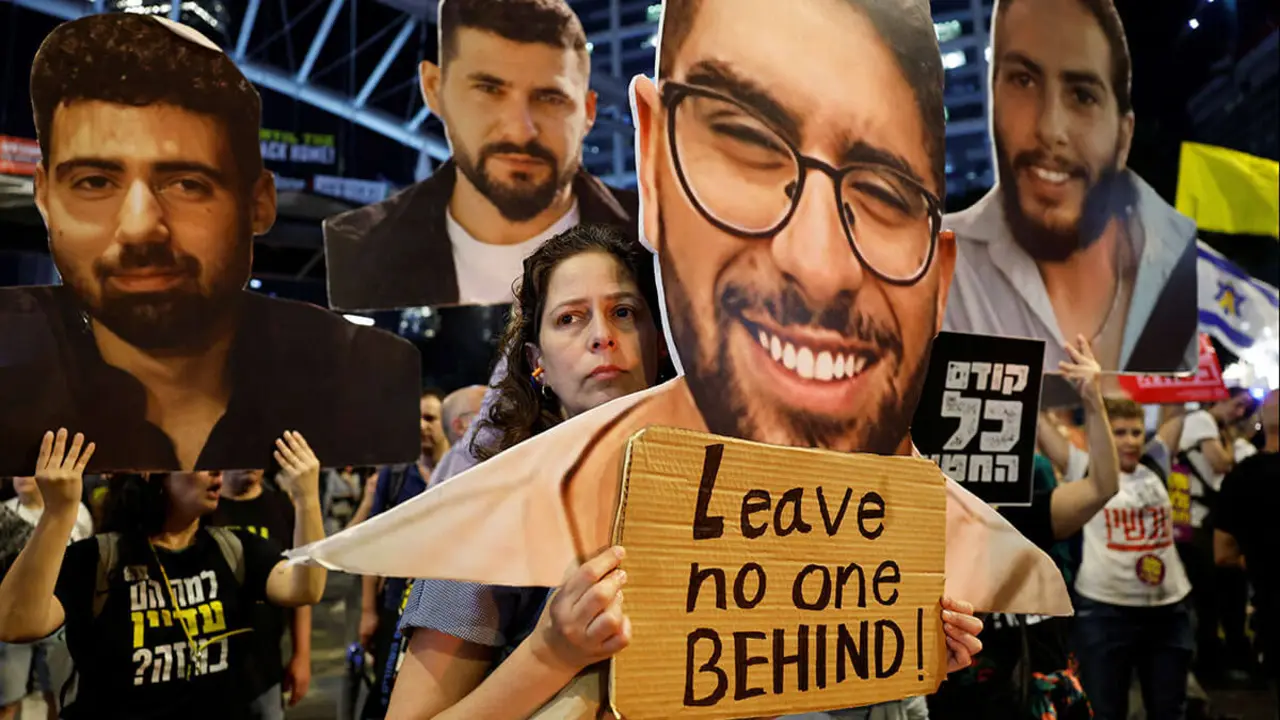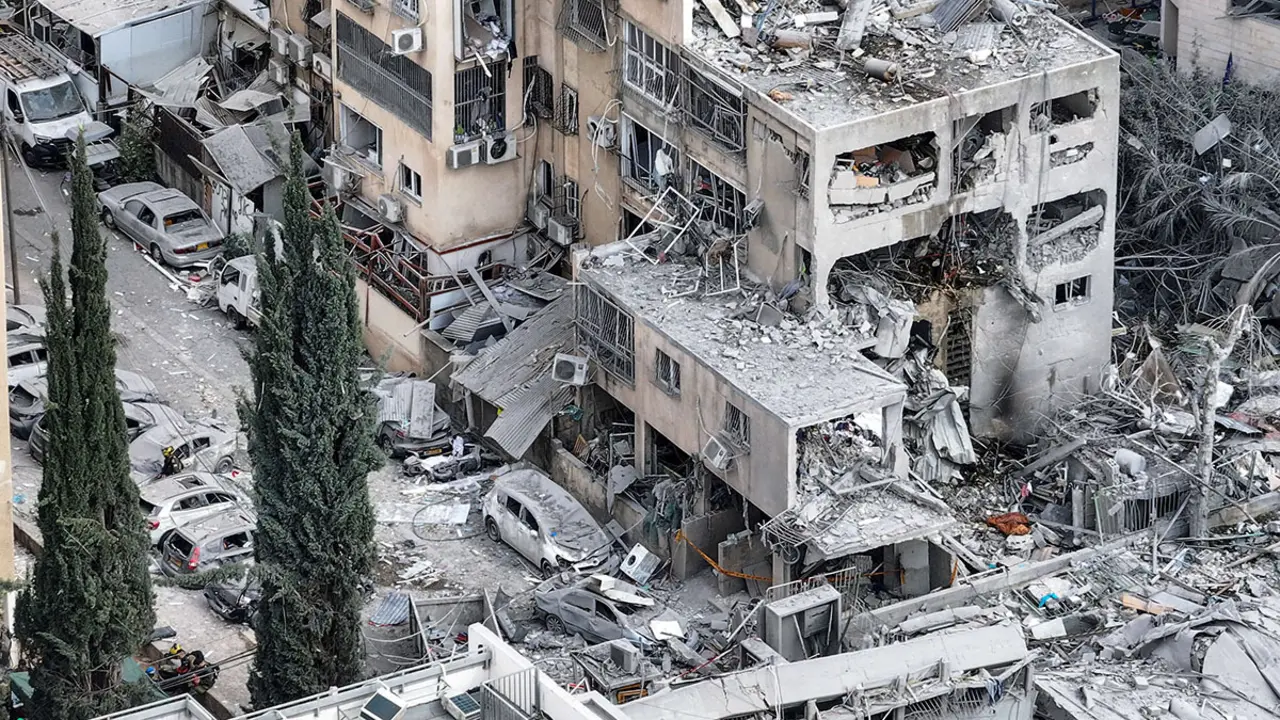Doctor who treated Alexei Navalny after poisoning dies suddenly
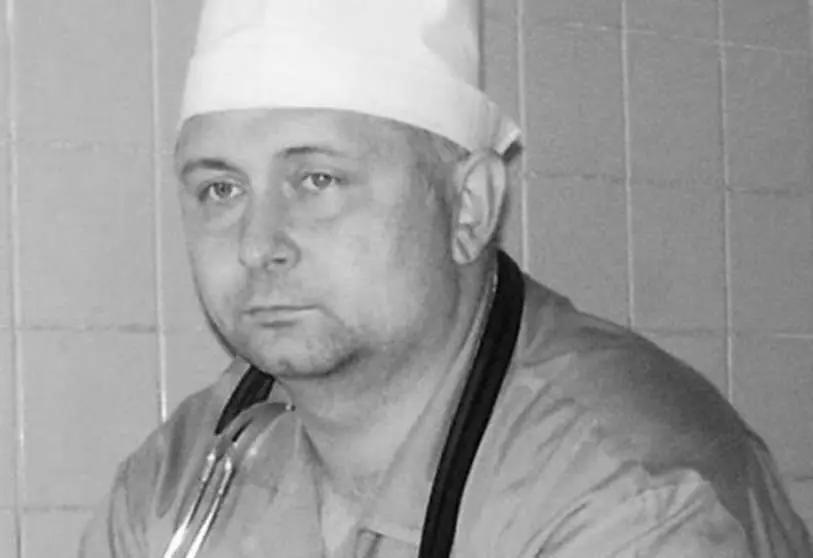
Sergei Maximishin was the doctor who treated Alexei Navalny, leader of the Russia of the Future party and Vladimir Putin's main political rival, when he was poisoned in August last year. Maximishin was the deputy director of the hospital in the Siberian city of Omsk and in charge of Navalny's treatment, specifically his induced coma.
The centre has issued an official statement announcing the doctor's death: "With regret, we inform you that the deputy chief doctor of anaesthesiology and resuscitation of the emergency hospital No. 1, assistant of the department of the Omsk State Medical University, PhD in medical sciences Maximishin Sergei Valentinovich has died suddenly". The statement does not give the cause of death.
There is no evidence that the doctor's death was an assassination, although sources close to the Russian opposition prefer not to put aside any kind of hypothesis due to the great tension that currently surrounds the country's politics. Navalny's own chief of staff, Leonid Volkov, has reflected these doubts about the causes of death in a statement to CNN: "(Maximishim) knew more than anyone else about Alexei's condition, so I cannot rule out the possibility of foul play". He also made it clear that Russia's poorly functioning healthcare system may be the reason for this "sudden" death and that, because of this, the true cause of death will most likely not be fully investigated.
Alexei Navalny was poisoned in August 2020 when, during a flight to Siberia, the Russian activist and politician began to feel very ill, forcing the pilots to change route and land in Moscow. Once there, he was treated at the Omsk hospital and later transferred to Berlin, where he remained in an induced coma for two weeks. He spent five months in the German capital, during which his team found traces of Novichok - a family of nerve agents, considered one of the deadliest ever produced by humans - in a bottle of water in the hotel where he stayed just before catching the flight on which he began to show symptoms of poisoning.
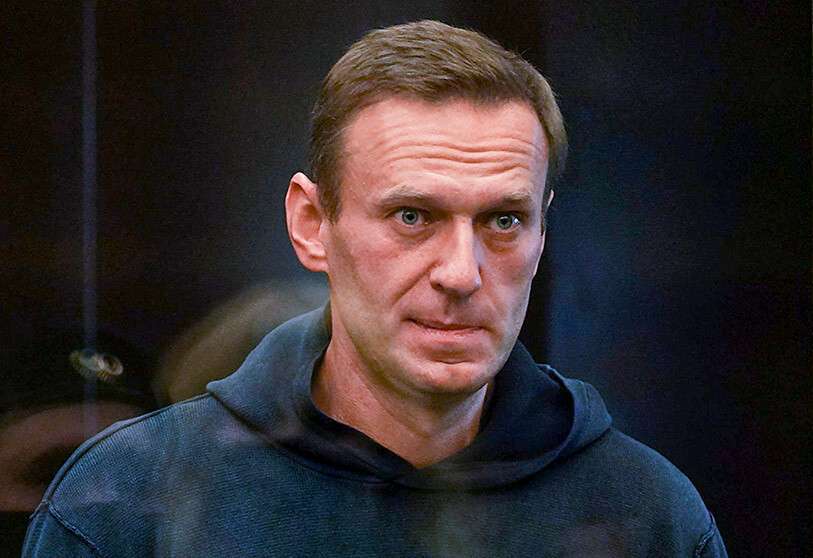
After treatment in Berlin, Navalny returned to Moscow on 17 January, when he was arrested at the same airport by the Russian authorities. The justice system has sentenced him to three and a half years in prison by enforcing a sentence from 2014, which was then described as arbitrary by the European Court of Human Rights. The Russian opposition leader and his brother Oleg were convicted in a case of commercial fraud and money laundering against the perfumery company Yves Rocher Vostok, accused of stealing 26.7 million roubles (around 300,000 euros).
The European Union has already taken action, calling the sanction "unacceptable" because it is "politically motivated" and demanding their "immediate and unconditional" release. Josep Borrell, the EU's High Representative for Foreign Policy, expressed his absolute disagreement with the sentence: "it goes against Russia's international human rights obligations". For this reason, the former Spanish Foreign Minister travelled yesterday to meet with Sergei Lavrov, the Russian Foreign Minister, and other officials of the Putin Administration, among other things to discuss Navalny's detention. The visit has already made headlines. Russia has compared the opposition leader's situation to that of Catalan politicians in Spain: "Catalan pro-independence leaders are in prison for organising a referendum, a decision that the Spanish justice system has not overturned despite the fact that courts in Germany and Belgium have ruled against it", Lavrov defended.

